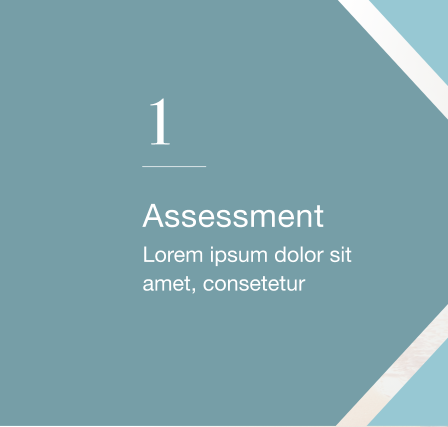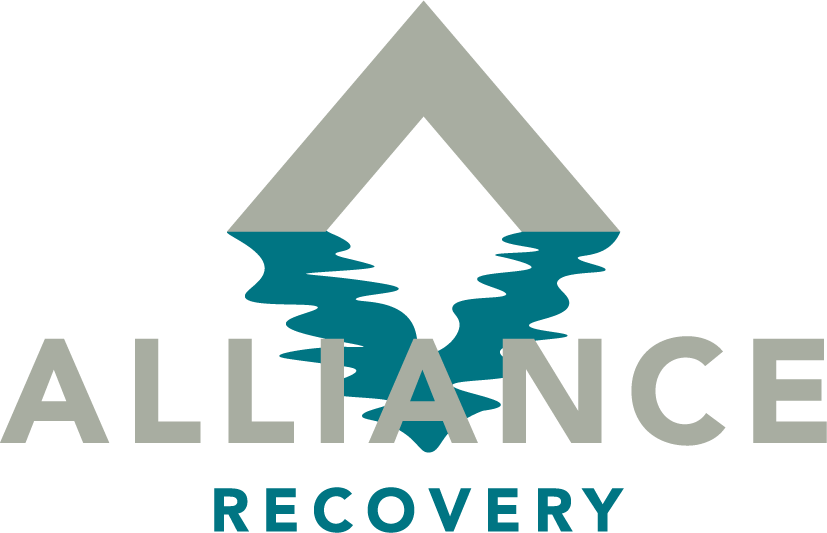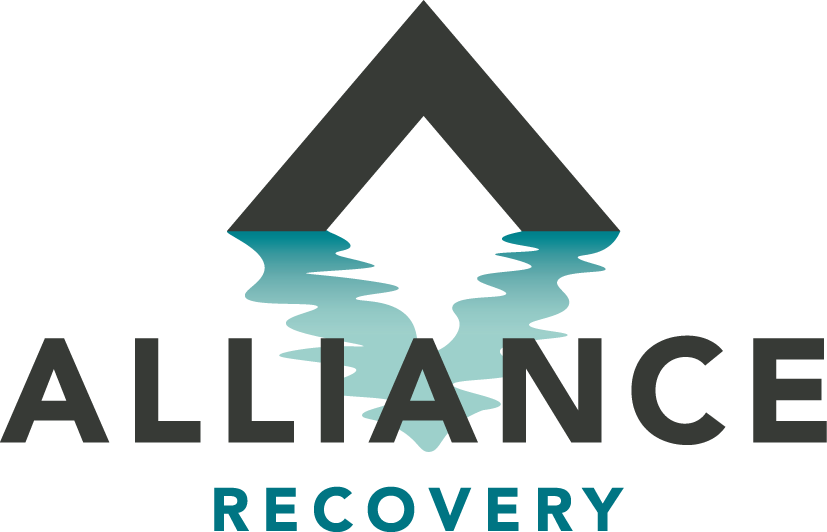
Outpatient Treatment

Intensive Outpatient Treatment
In our IOP, clients visit our facility several times a week for a set number of hours, they receive a condensed yet impactful treatment plan and therapy sessions, but still can return home or to work.

Partial Hospitalization Program
Partial Hospitalization Program (PHP) provides a structured, intense program located at our facility in Huntington Beach, California. Clients receive treatment during the day and does not require an overnight stay.
Orange County Addiction Treatment Center
Here at Alliance Recovery, our executive leadership and admissions staff has extensive knowledge of addiction treatment with many members of our team having gone through treatment themselves.
Through years of their lives dedicated to service, and striving to develop a connection with fellow addicts, our team has cultivated a passion for helping young men and women who find themselves in positions they were once in.
Orange County Addiction Treatment Center
Here at Alliance Recovery, our executive leadership and admissions staff has extensive knowledge of addiction treatment with many members of our team having gone through treatment themselves.
Through years of their lives dedicated to service, and striving to develop a connection with fellow addicts, our team has cultivated a passion for helping young men and women who find themselves in positions they were once in.

About Alliance
Alliance Recovery was founded to help individuals struggling with substance abuse and mental health disorders to learn the necessary tools to achieve long lasting sobriety.

Substance Abuse
37% of the population struggle with substance abuse. It’s time we work together to change that.

Our Services
If you or a loved one need group or individual counseling, addiction or mental health therapy, and more, Alliance is here to help.
Of people aged 12 and older have used illegal substances at least once
Million Americans misuse opioids at least once over a 12-month period
Call Our Friendly Team
Call the Alliance Recovery team today and get the treatment process started. If you’re not familiar with addiction treatment, you can get an idea of how the process works below.
1
Intake Assessment
Once you pick up the phone, our compassionate team will get to know you and ask you a few questions about your substance use and mental health history
2
Intake Assessment
Once you pick up the phone, our compassionate team will get to know you and ask you a few questions about your substance use and mental health history
3
Start Your Journey
1
Intake Assessment
Once you pick up the phone, our compassionate team will get to know you and ask you a few questions about your substance use and mental health history
2
Custom Treatment Plan
Once you pick up the phone, our compassionate team will get to know you and ask you a few questions about your substance use and mental health history
3
Start Your Journey
After verifying your insurance, our team will set an admit date and you will be on your way to long-lasting sobriety.



Benefits of Orange
County Rehab
Flexible form of aftercare rehab allowing you to work around your commitments
Affordable evidence-based treatment for addiction and mental health
Family and support network readily available
Benefits of Orange
County Rehab
Flexible form of aftercare rehab allowing you to work around your commitments
Affordable evidence-based treatment for addiction and mental health
Family and support network readily available
Client Testimonials


Alliance Recovery saved my life & helped me put my life back together. I am forever grateful for this treatment center.
Adriana T
Client Testimonials


This place has taught me how to be honest with myself and others, it’s taught me that there is a better way of life than staying in your old ways, most importantly it’s taught me how to stay sober, it’s taught me how to be more open to helping others who have the same desire to stay sober ad get sober. Alliance Recovery taught me in classes how to communicate with others and not feel embarrassed about my past actions during my addiction. I’ll forever be grateful for what Alliance has done for me and taught me.
Ernest B
Client Testimonials


Alliance Recovery gave me the tools I needed to begin a healthy life. It provided me accountability, sober role models, and a safe place to process my trauma. I would’ve never lasted in early sobriety had it not been for this place.
Alec F
Our Blog
ut labore et dolore magna aliquyam erat, sed diam voluptua. At vero.
Some Days Better than Others?
County Drug & Alcohol Rehab Center.





